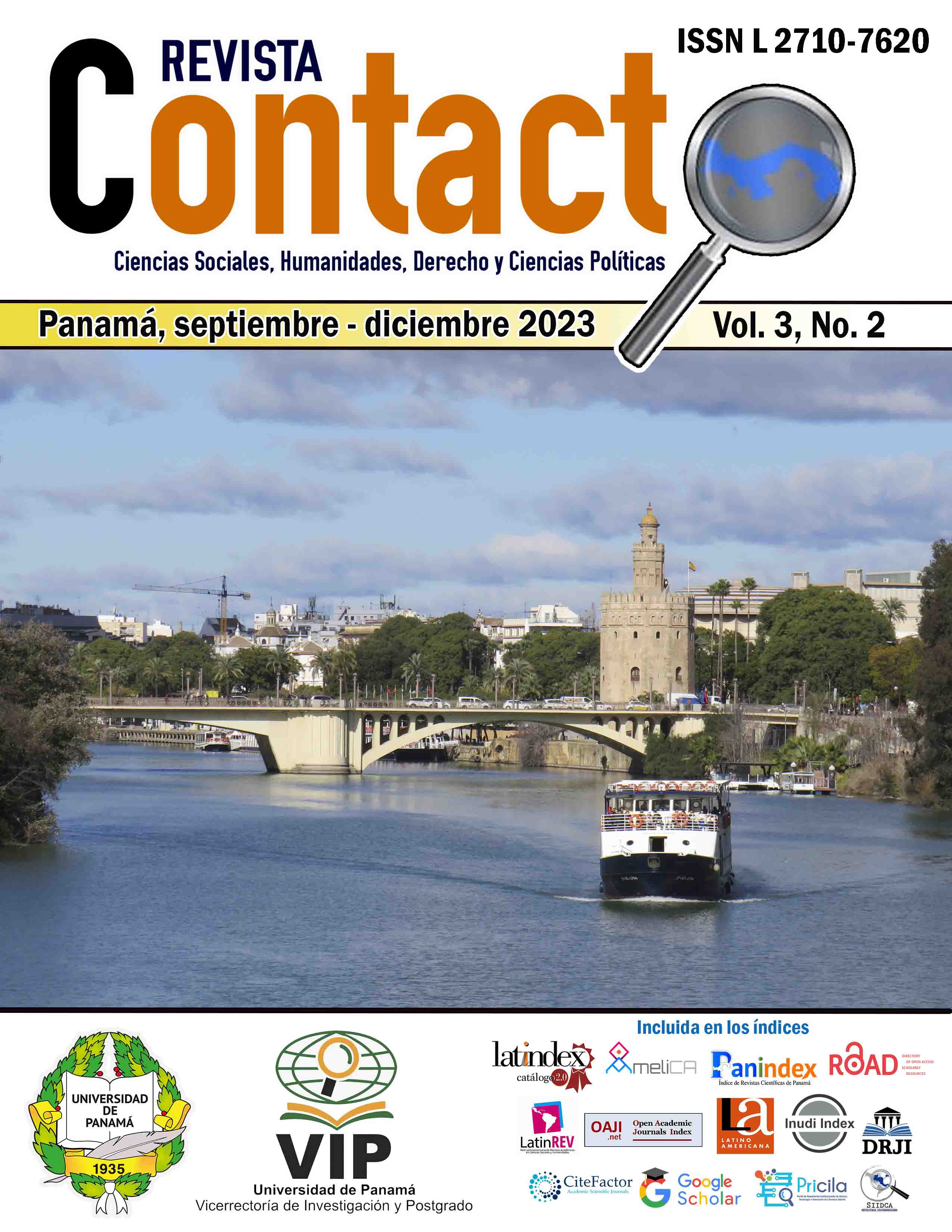

Copyright (c) 2023 Revista Contacto

This work is licensed under a Creative Commons Attribution-NonCommercial-ShareAlike 4.0 International License.
Since the first pre-school education trial programme, which was implemented during the 1971 school year, developed by the then National Curriculum Directorate of the Ministry of Education, programme whose implementation was officially implemented by ministerial decision No. 1717 of 25 November 1971, until the last programme for the same level of education, dating from 2014, is frequently mentioned among its curricular approaches, the achievements of a harmonious and comprehensive education. The structure of this research emphasizes the skills to be achieved by pre-school children whose education is properly planned, organized, implemented and evaluated by the competent bodies and professionals, at the same
time as in the actions conferred on multiple institutions whose main task must be to bring about personal, biopsychosocial, educational, socio-affective, economic, family benefits, among others, to enable early childhood children to enjoy the benefits that life must give them, encouraging them to be citizens of good and benefit to the society in which they live. The present research study gathers its interest in educational centers mainly in initial-level classrooms, since it is lived day by day the learning of children in early ages, to give rise to an opportunity to implement new methodologies that lead the apprentice to develop on his own the discovery of his real environment. In order to do this, it is essential to prepare the teacher in a harmonious and up-to-date manner, whose entrance profiles to university education must be the spearhead for the achievement of the expected achievement when it is spoken and done for the benefit of the integral formation of the human being.